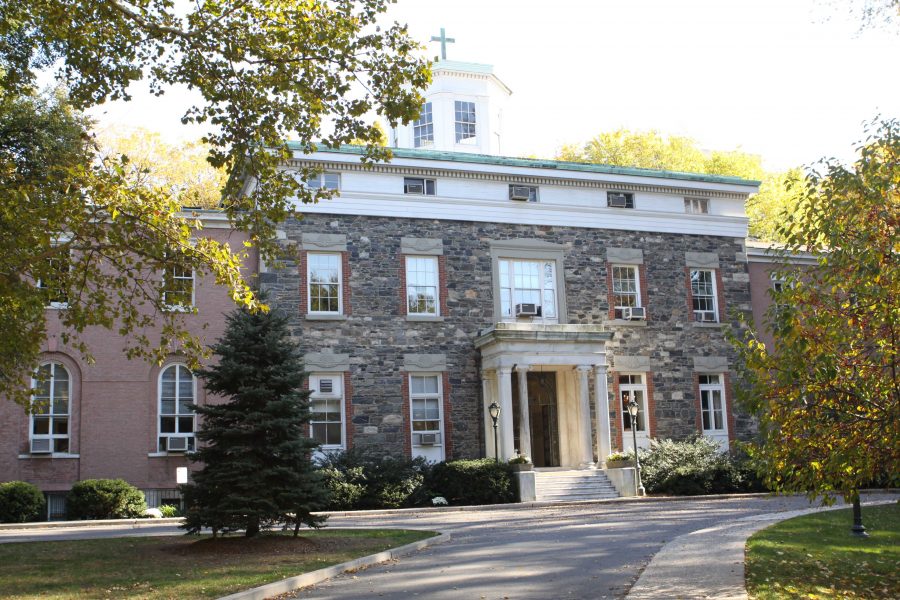By Joe Vitale
Fordham will soon be conducting a survey to learn more about campus attitudes toward sexual misconduct, according to the Dean of Student’s office.
Administrators decided to conduct a climate survey, which will be distributed online and answered anonymously, during its annual goal-setting process this past summer.
In addition to providing information about instances of sexual assault on campus, administrators hope that responses will help them more clearly understand student perceptions toward sexual assault.
A climate survey is not required of the university, but Christopher Rodgers, dean of students, believes that it will be a positive step for the university.
“Though such a survey is not required of colleges and universities and we have had a variety of other surveys in place that gather sexual misconduct-related data for some years, we are determined to keep Fordham ahead of the curve,” Rodgers said.
While it is tailored to Fordham students, the survey will bear resemblance to the climate survey guide for college universities and colleges released by the White House Task Force to Protect Students From Sexual Assault.
The Task Force, which is co-chaired by the Office of the Vice President and the White House Council on Women and Girls, released an extensive report on sexual assault in colleges in April. The report was followed by a guide for campuses to conduct large surveys for collecting data about students.
“Working through the year with our partners in the Department of Public Safety and the Equity and Compliance/Title IX areas, we have developed a survey that uses the White House’s ‘Not Alone’ model climate survey but that is customized for Fordham,” Rodgers said.
The survey, through specific sets of questions, will help assess specific issues on campus, such as the way the students respond to sexual assault, how much campus leaders care about sexual assault, how safe students feel on campus and the viability of campus policies.
“Climate surveys can seem burdensome, but when done thoughtfully and effectively, they yield valuable information that can contribute to the success of sexual assault prevention and response efforts,” the Task Force’s climate survey guide states. “If a significant number of students complete the survey, it will give us helpful information we can use to develop and improve programs, policies and processes for the next few years.”
The sample survey on the White House website provides a number of questions that may hint at the questions on Fordham’s survey.
One section asks respondents to consider statements such as: “If a crisis happened on campus, my college would handle it well” and “My college does enough to protect the safety of students.”
Another segment asks students to agree with statements such as: “I understand [university]’s formal procedures to address complaints of sexual assault” and “I have confidence that [university] administers the formal procedures to address complaints of sexual assault fairly.”
In addition, other sections of the climate survey appear to ask students specifically about personal experiences.
One section asks respondents about experiences with unwanted sexual contact that involved force or threats of force. Another includes questions regarding “bystander confidence,” “readiness to help,” “contextual perceptions of sexual assault” and “rape myth acceptance.”
Fordham’s climate survey comes after a bill in Congress regarding college surveys stalled after being proposed in July 2014 by a group of Senators that included Kristine Gilibrand (D-New York).
The proposed legislation that would require schools to conduct anonymous surveys concerning assaults and make them public — or face stiff fines if they fail to comply with some of the requirements.
Along with increased penalties under the Clery Act, the proposed legislation would require universities to provide confidential advisers to help victims report their crime and receive services.







































































































































































































